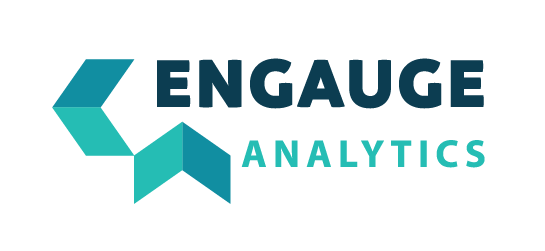You have read the headlines: Your user data has been used to further the financial wellbeing of another company without your permission.
We've seen the scandals:
Cambridge Analytica Used Your Social Media to Call You Neurotic
Polar Revealed Military Personnel's Personal Info
And this doesn't even begin to touch the fact that almost every company uses your data in ways that can harm you.
The Catch
Here's the catch though: User data can is extremely useful in marketing. It is helpful to know that a user who is a champion of taking care of the environment, and recently purchased a low-energy microwave is looking at your site for products. You can then begin to remarket your products specifically around that person, adjust your national SEO and local SEO around those types of customers, or specifically send a lead generation link around topics your user cares about.
The Cost
But the cost of something like this is large.
Trust
Every marketing book you could ever read says that it comes down to three things: Know, Like, Trust. And when your company begins to get caught using user data in a way that breaches that trust, your likability begins to erode as well. Sure, you'll still be known, but who wants their company to be a pariah in their market.
Privacy
In 2018, the European Union introduced the General Data Protection Regulation, or GDPR, a means to help users have better control of their data. You may have noticed how a large amount of sites have added "Hey, we use cookies!" consent banners or make opting out of their marketing even easier.
If you are in the United States, similar standards have significant backing in government. Amy Klobuchar, a United States senator from Minnesota, has said:
"Consumers have the right to know if their personal information is being sold and they have the right to easily see what data has already been sold and distributed. The digital space can’t keep operating like the Wild West at the expense of our privacy."
You can imagine that this resonates quite a bit with the US current culture. And this is why anonymized user data in web analytics can really be a life saver.
Cash
Oh, let's talk about the fines. Let's talk about the fact that Facebook has set aside $5 BILLION for an upcoming fine it is being required to pay. Let's talk about Uber paying $148 million for their data breach.
I could imagine you are probably not in a place to pay that kind of money. Better to avoid it all together.
Now What?
We're going to explain in our next part how anonymized user data, data without any identifying information, can still make for meaningful business marketing. This way you can avoid breaking trust, and losing a boatload of cash in the process.
